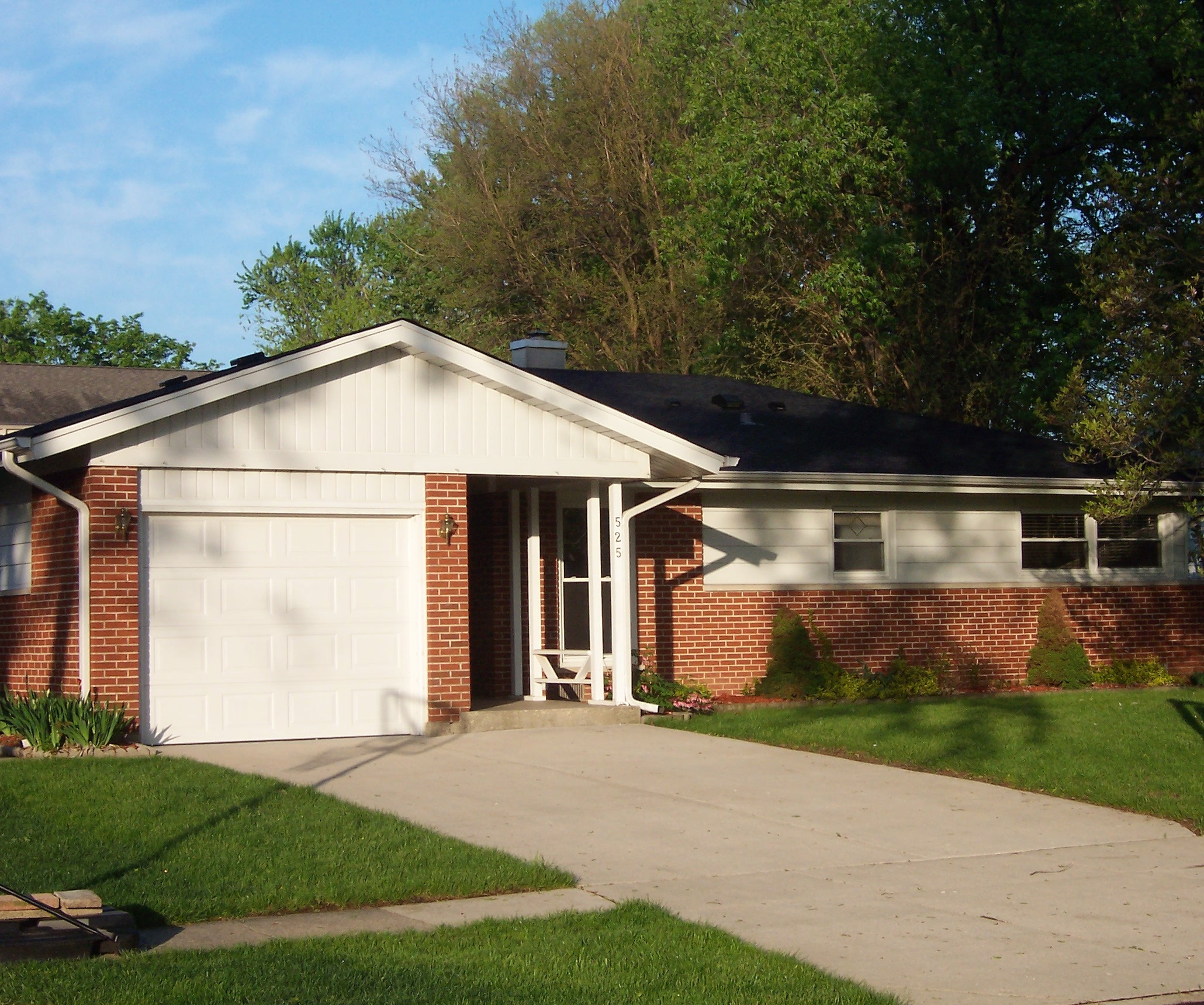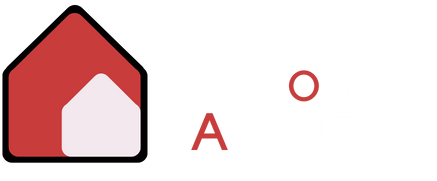Investing in the real estate industry has the potential for significant financial gains, but it is not devoid of inherent risks. One of the primary risks involved is the possibility of holding onto unsuitable property for an extended period. The expenses associated with holding such property can rapidly accumulate, thereby diminishing your profits and potentially leading to financial losses. This comprehensive guide aims to shed light on the concept of holding costs and their consequential impact on your overall financial performance. Additionally, we will furnish investors and property flippers in Chicago with a comprehensive holding cost checklist, designed to assist in sidestepping the most prevalent pitfalls in this line of business.
What are Holding Costs?
Holding costs encompass all the financial obligations tied to the ownership of a property that is intended to be sold or rented out. Such obligations may involve mortgage payments, property taxes, insurance, utilities, maintenance, repairs, and various other expenditures. Essentially, any cost accumulated during the period of property ownership falls under the category of holding costs. It is important to note that these expenses can accumulate rapidly and shouldn’t be overlooked in financial considerations.
Why are Holding Costs Important?
The consideration of holding costs is crucial due to their potential to have a substantial impact on profitability. Prolonged ownership of a property can result in these costs gradually consuming profits or even leading to financial losses. Illustratively, if one incurs $1,000 each month for mortgage payments, property taxes, and utilities, and it takes six months to sell the property, the total holding costs would amount to $6,000. Consequently, expecting a $20,000 profit from the sale would be adjusted to an actual profit of $14,000.
Holding costs can additionally affect your return on investment (ROI). The prolongation of property ownership directly correlates with a decrease in ROI. In the case of property flipping, it is imperative to expedite the selling process in order to enhance ROI. Conversely, if one retains ownership of the property for an extended period, the ROI will inevitably decline.
Holding Cost Checklist for Investors and Property Flippers in Chicago
To facilitate the mitigation of prevalent pitfalls related to holding costs, we have developed a comprehensive checklist for investors and property flippers in Chicago. Employ this checklist to effectively incorporate all the associated holding costs in your property analysis.
1. Mortgage payments: If you currently have a mortgage on the property, it is essential to take into consideration the monthly payment obligations.
2. Property taxes: Property taxes can exhibit significant disparities, contingent upon the geographical location and assessed value of the property.
3. Insurance: Property insurance is a valuable asset that provides protection in the event of damage or loss, albeit with associated expenses.
4. Utilities: Utilities such as electricity, water, and gas can accumulate costs rapidly, particularly when the property is unoccupied.
It is crucial to take into consideration the expenses associated with regular maintenance tasks such as lawn care, cleaning, and HVAC maintenance, as well as unforeseen repairs, when managing properties.
7. Homeowner association (HOA) fees: If the property is linked to a Homeowners Association (HOA), it will be necessary for you to make regular payments either on a monthly or an annual basis.
8. Vacancy costs: If the property remains unoccupied for any duration, it is necessary to consider the expenses associated with ensuring its security, maintaining the landscaping, and covering utility bills.
9. Opportunity cost: It is important to consider the opportunity cost associated with retaining a property as its long-term ownership may limit potential investment opportunities.
Considering holding costs is a crucial aspect to contemplate when making real estate investments. These costs have the potential to significantly diminish your profits and affect your return on investment. By employing the holding cost checklist offered in this guide, you can guarantee that you are taking into account all of the holding costs linked to your property. This will aid in making well-informed investment choices and optimizing your profitability. If you have any inquiries regarding the process of purchasing or selling real estate in Chicago, do not hesitate to contact our team. We are here to assist investors and property flippers. 312-818-4472

